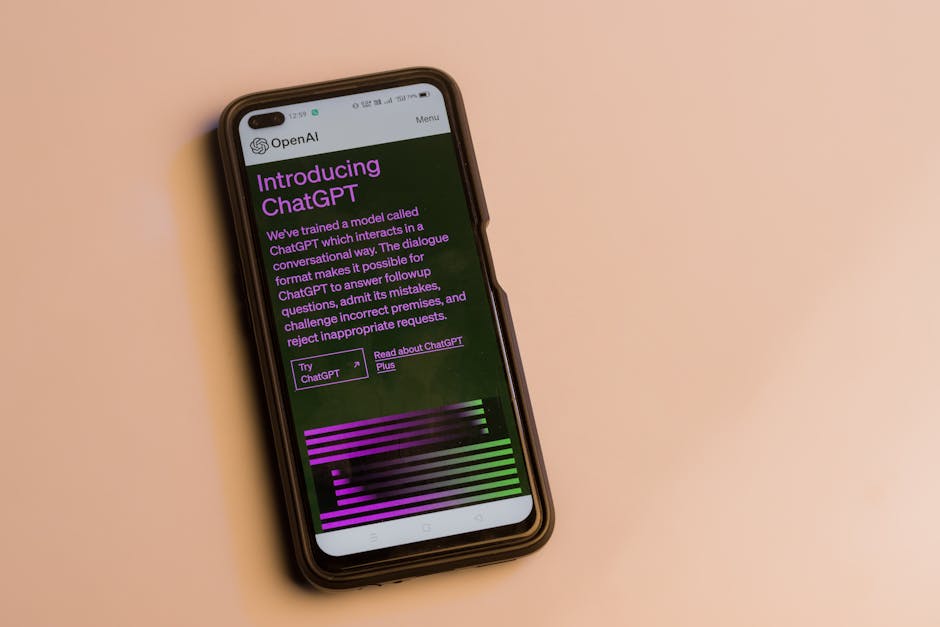The Hidden Cost Of Convenience: Are We Sacrificing Our Well-Being For Instant Gratification?
En Promo sur Amazon
En Promo sur Amazon
In a world that thrives on immediacy, where a single tap on our smartphones can deliver food, entertainment, and even companionship, the allure of convenience is undeniable. We live in an age where waiting has become an archaic concept, and everything we desire is available at our fingertips. Yet, as we indulge in these luxuries, it’s essential to pause and reflect: what are we giving up in exchange for this instant gratification? The hidden costs of convenience extend beyond mere financial implications; they seep into our physical health, mental well-being, and social connections.
From the moment we wake up to the sound of our digital assistants, our lives are orchestrated for speed and efficiency. We’ve traded leisurely breakfasts for quick bites, face-to-face conversations for text messages, and outdoor activities for binge-watching our favorite shows. While this lifestyle may seem appealing, it often leaves us feeling drained and disconnected. As we race against the clock to keep up with the demands of modern life, the question arises: is our pursuit of convenience leading us to a deeper sense of dissatisfaction?
En Promo sur Amazon
One of the most significant areas where convenience has taken its toll is our physical health. Fast food and ready-made meals have become staples in many households, offering a quick solution for busy lifestyles. However, the nutritional value of these options is often lacking, leading to an increase in obesity, heart disease, and other health issues. As we prioritize speed over substance, we find ourselves caught in a cycle of poor eating habits that are difficult to break. The convenience of pre-packaged meals may save us time, but at what cost to our bodies?
Mental health is another casualty of our relentless pursuit of convenience. The constant barrage of notifications, emails, and social media updates can lead to overwhelming stress and anxiety. Instead of fostering genuine connections, we often find ourselves scrolling through curated feeds, which can exacerbate feelings of loneliness and inadequacy. The dopamine rush from quick likes and shares may provide temporary satisfaction, but it rarely translates to lasting happiness. In our quest for immediate gratification, we risk neglecting the deeper, more meaningful interactions that nurture our emotional well-being.
En Promo sur Amazon
Moreover, the convenience culture has altered our social fabric. As we become accustomed to digital communication, face-to-face interactions have dwindled, leading to a decline in empathy and understanding. The art of conversation is being replaced by emojis and shorthand messages, stripping away the richness of human connection. While technology has the potential to connect us across distances, it can also create a false sense of closeness, leaving us feeling isolated in a crowd. The irony is palpable; in our efforts to make life easier, we may be sacrificing the very relationships that sustain us.
As we confront the hidden costs of convenience, it’s crucial to find a balance that honors both our desire for efficiency and our need for genuine experiences. Taking small steps towards mindful living can make a significant difference. By prioritizing home-cooked meals, engaging in meaningful conversations, and disconnecting from our screens, we can reclaim our time and well-being. The journey towards a more fulfilling life may require effort and intention, but the rewards are immeasurable.
In conclusion, while the allure of convenience is enticing, it is vital to remain aware of its hidden costs. The impact on our physical health, mental well-being, and social connections cannot be overlooked. As we navigate this fast-paced world, let us strive to cultivate a lifestyle that values depth over speed, connection over convenience. In doing so, we not only enhance our own lives but also contribute to a more compassionate and connected society. The choice is ours: will we continue down the path of instant gratification, or will we dare to embrace a more thoughtful way of living?





